 The following is quoted out of Luther’s Works, Volume 39, That a Christian Assembly or Congregation has the Right and Power to Judge all Teaching and to Call, Appoint, and Dismiss Teachers, Established and Proven by Scripture.
The following is quoted out of Luther’s Works, Volume 39, That a Christian Assembly or Congregation has the Right and Power to Judge all Teaching and to Call, Appoint, and Dismiss Teachers, Established and Proven by Scripture.
“For the soul of man is something eternal, and more important than every temporal thing. That is why it must be ruled and seized only by the eternal word; for it is very disgraceful to rule consciences before God with human law and old custom….John 10[:4], “My sheep know my voice.” Again, “My sheep do not follow strangers, but flee from them, for they do not know the voice of strangers” [John 10:5]. Again, “No matter how many of them have come, they are thieves and murderers. But the sheep did not listen to them” [John 10:8]…. but it is the sheep who are to judge whether they teach the voice [i.e., the words] of Christ or the voice of strangers…They shamelessly take away the judgment of teaching from the sheep and annex it to themselves through their own law and blasphemy. That is why they should certainly be regarded as murderers and thieves, as wolves and apostate Christians, for they are openly convicted here not only of denying God’s word but also of opposing and acting against it. Such action was quite appropriate for the Antichrist and his kingdom, according to the prophecy of St. Paul, II Thessalonians 2[:3–4]… Again, the third passage is from St. Paul, I Thessalonians 5[:21], “Test everything but hold fast to that which is good.” You see, here he does not want to have any teaching or decree obeyed unless it is examined and recognized as good by the congregation hearing it…However, the spiritual tyrants have made a worldly power out of Christendom….All of St. Paul’s warnings, Romans 16[:17–18], I Corinthians 10[:14], Galatians 3, 4, and 5, Colossians 2[:8], and elsewhere, and all the sayings of the prophets in which they teach us to avoid human teaching, do nothing but take the right and power to judge all doctrine away from the teachers and with a stern decree impose it on the listeners instead, on pain of losing their soul. Accordingly, they not only have the power and the right to judge everything that is preached, they also have the duty to judge, on pain of [incurring] the disfavor of Divine Majesty. …Thus we conclude that wherever there is a Christian congregation in possession of the gospel, it not only has the right and power but also the duty—on pain of losing the salvation of its souls and in accordance with the promise made to Christ in baptism—to avoid, to flee, to depose, and to withdraw from the authority that our bishops, abbots, monasteries, religious foundations, and the like are now exercising. For it is clearly evident that they teach and rule contrary to God and his word…And since in these last accursed times the bishops and the false spiritual government neither are nor wish to be teachers—moreover, they want neither to provide nor to tolerate any, and God should not be tempted to send new preachers from heaven—we must act according to Scripture and call and institute from among ourselves those who are found to be qualified and whom God has enlightened with reason and endowed with gifts to do so…or no one can deny that every Christian possesses the word of God and is taught and anointed by God to be priest, as Christ says, John 6[:45], “They shall all be taught by God,” and Psalm 45[:7], “God has anointed you with the oil of gladness on account of your fellows.” These fellows are the Christians, Christ’s brethren, who with him are consecrated priests, as Peter says too, 1 Peter 2[:9], “You are a royal priesthood so that you may declare the virtue of him who called you into his marvelous light. And in Psalm 51[:13], he [God] says of all Christians, “I will teach the ungodly your ways, and sinners will return to you.” Here again it is certain that a Christian not only has the right and power to teach God’s word but has the duty to do so on pain of losing his soul and of God’s disfavor….First, if he is in a place where there are no Christians he needs no other call than to be a Christian, called and anointed by God from within. Here it is his duty to preach and to teach the gospel to erring heathen or non-Christians, because of the duty of brotherly love, even though no man calls him to do so. This is what Stephen did, Acts 6–7, even though he had not been ordered into any office by the apostles. Yet he still preached and did great signs among the people. Again, Philip, the deacon and Stephen’s comrade, Acts 8[:5], did the same thing even though the office of preaching was not commanded to him either. Again, Apollos did so too, Acts 18[:25]. … Second, if he is at a place where there are Christians who have the same power and right as he, he should not draw attention to himself. Instead, he should let himself be called and chosen to preach and to teach in the place of and by the command of the others…1 Corinthians 14[:30], when he says, “If something is revealed to someone else sitting by, let the first be silent.” Do you see what St. Paul does here? He tells the teacher to be silent and withdraw from the midst of the Christians; and he lets the listener appear, even without a call… “You can all prophesy one by one, so that all may learn and all be admonished” [1 Cor. 14:31]. Again, “You should earnestly desire to prophesy, and do not forbid speaking in tongues; but all things should be done decently and in order” [1 Cor. 14:39–40]… But if you say, “Did not St. Paul command Timothy and Titus to institute priests [I Tim. 4:13; Titus 1:5], and do we not read, Acts 14[:23], that Paul and Barnabas instituted priests among the congregations? (Therefore, the congregation cannot call anyone, nor can anyone draw attention to himself and preach among Christians; rather, one must have permission and authorization from bishops, abbots, or other prelates who represent the apostles)” I answer that if our bishops, abbots, etc., did represent the apostles, as they boast, one opinion would certainly be to let them do what Titus, Timothy, Paul, and Barnabas did when they instituted priests, etc. But since they represent the devil and are wolves who neither want to teach the gospel nor suffer it to be taught, they are as little concerned with instituting the office of preaching or pastoral care among Christians as the Turks or the Jews are. They should drive asses and lead dogs… Otherwise, if there is no such need and if there are those who have the right, power, and grace to teach, no bishop should institute anyone without the election, will, and call of the congregation. Rather, he should confirm the one whom the congregation chose and called; if he does not do it, he [the elected man] is confirmed anyway by virtue of the congregation’s call. Neither Titus nor Timothy nor Paul ever instituted a priest without the congregation’s election and call. This is clearly proven by the sayings in Titus 1[:7] and 1 Timothy 3[:10], “A bishop or priest should be blameless,” and, “Let the deacon be tested first.” Now Titus could not have known which ones were blameless; such a report must come from the congregation, which must name the man.
Again, we even read in Acts 4 [6:1–6] regarding an even lesser office, that the apostles were not permitted to institute persons as deacons without the knowledge and consent of the congregation. Rather, the congregation elected and called the seven deacons, and the apostles confirmed them. If, then, the apostles were not permitted to institute, on their own authority, an office having to do only with the distribution of temporal food, how could they have dared to impose the highest office of preaching on anyone by their own power without the knowledge, will, and call of the congregation?
But since in our times there is the need, but no bishop, to provide evangelical preachers, the examples from Titus and Timothy are invalid…Not one of them is ever instituted pope or bishop by the power of someone; rather, he is elected and called by his chapter and then confirmed by others—the bishops by the pope as their supreme head, and he, the pope himself, by the cardinal of Ostia as by his inferior. And even if one of them were not confirmed, he would still be bishop and pope. Thus I ask the dear tyrants: if bishops are made by the election and call of their own congregation, and if the pope is pope without confirmation by any other authority and by election alone, why should not a Christian congregation, too, make a preacher by its call alone?”
[Thank you Covenanter.org: http://www.covenanter.org/Luther/thatachristianassembly.htm]



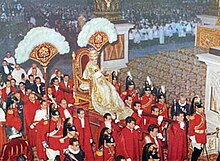
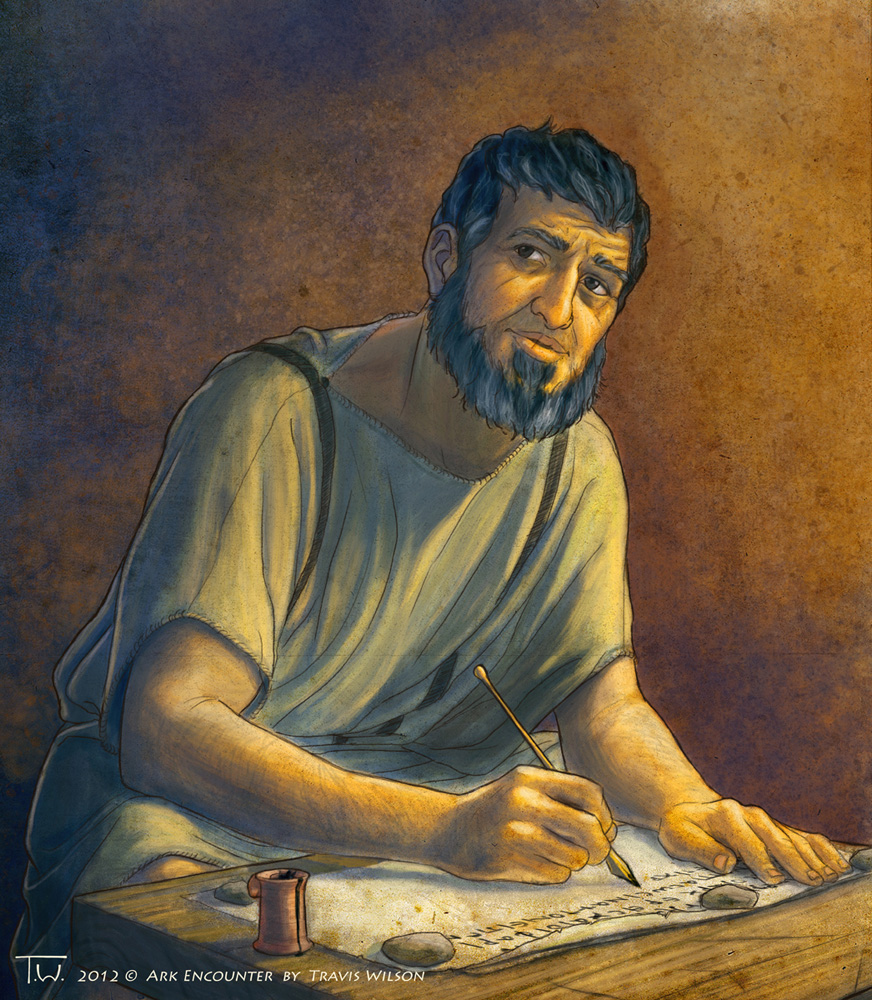


-1-.jpg)

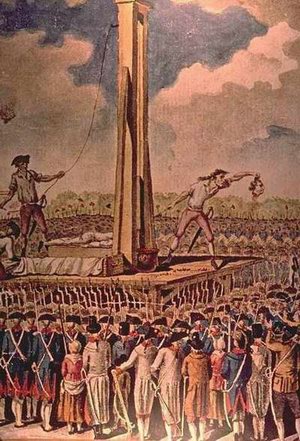





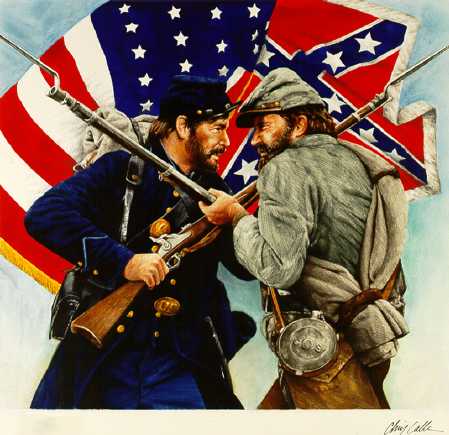




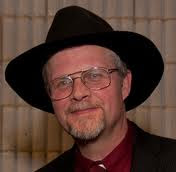


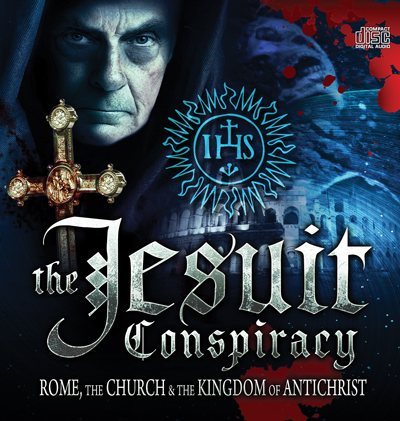









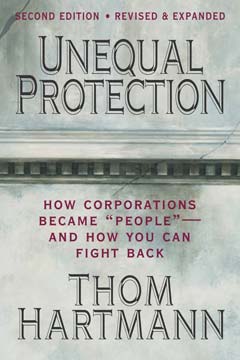
God is certainly not bound to ”play by human being’s rules.” What I mean is, a church, or pope, or any authority figure, must rightly understand from whence said authority comes from. That both speaks up for any authority, and allows for any authority to be overturned. God can, after all, create children of Abraha, from stones, if He wanted.
http://www.esvbible.org/search/matt+3%3A9/